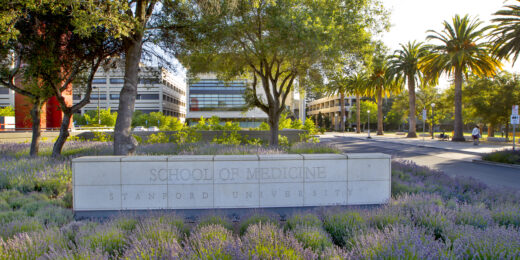What do medical students want for Christmas? Second-year student Natasha Abadilla reflects on four gifts that top her wish list.
A med student’s Christmas wish list
What do medical students want for Christmas? Second-year student Natasha Abadilla reflects on four gifts that top her wish list.



